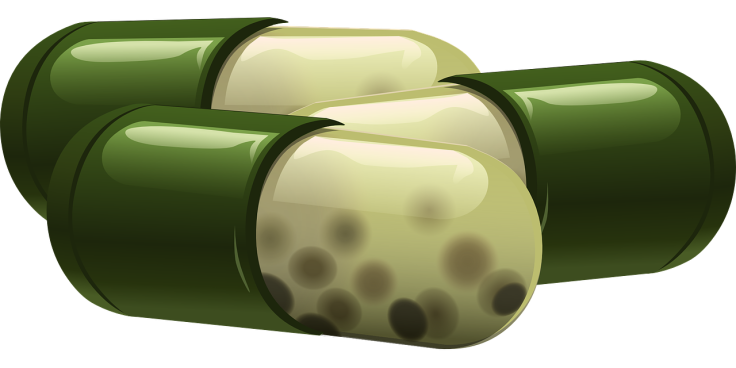Decades-Old Antibiotic Found To Be Effective Against Deadly Superbug In New Study
KEY POINTS
- Acinetobacter baumannii causes about 2% of all deaths from hospital-acquired infections in the U.S. every year
- Per a new study, antibiotic Rifabutin appears effective against this superbug
- The findings indicate several antibiotics could have been missed by suboptimal screening tests
A decades-old antibiotic can become a powerful new weapon against a deadly superbug, according to a recent study.
Researchers from the Los Angeles County-University of Southern California Medical Center, using an innovative screening method that mimics conditions inside the human body, have discovered that the antibiotic Rifabutin is effective in fighting a multidrug-resistant superbug.
The researchers studied Rifabutin, which has been around for more than three decades, and discovered that it is highly effective against the Acinetobacter baumannii.
“Rifabutin has been around for more than 35 years, and no one has ever studied it for Acinetobacter infections before. Going forward, we may find many new antibiotics that have been missed over the last 80 years because the screening tests used to discover them were suboptimal," Brian Luna, the study’s first author and assistant professor of molecular microbiology and immunology at Keck School of Medicine of USC told News Medical.
Rifabutin has been used to treat tuberculosis, particularly in those diagnosed with HIV/AIDS and cannot tolerate the drug Rifampin, which is prescribed for the same disease.
So far, the drug hadn’t been evaluated against Acinetobacter baumannii — the bacteria that emerged as a troop-killing superbug during the Iraq war in military treatment facilities.
The bacterium causes pneumonia, meningitis and several bloodstream infections. The affected patients might need lengthy hospitalizations and invasive treatments including catheters and ventilators.
Ever since the 1940s, several antibiotics have been tested against bacteria grown in rich culture media, which is a nutrient-rich broth or gel that helps speed up the growth of bacteria. But the way bacteria grow inside the human body is entirely different, according to the researchers.
Thus, they designed a novel type of 'nutrient-limited’ media that better mimics conditions inside the body and hypothesized that such realistic media might unmask antibiotics with hidden strengths.
Key findings of the study
- Rifabutin was vigorously active against Acinetobacter baumannii grown in the nutrient-limited media and in animal tissue, but not against bacteria grown in the commonly used laboratory media
- The antibiotic uses a unique, Trojan-horse strategy to trick the bacteria into actively importing the drug inside itself after bypassing the outer cell defenses
- The ‘pump’ that imports the drug is active in the human-like media than traditional rich culture media since the elevated levels of amino acids and iron in the latter suppresses the pump’s activity
“Rifabutin can be used immediately to treat such infections because it is already FDA-approved, cheap and generic, and on the market. But we would like to see randomized controlled human trials to prove its efficacy, so we know for sure one way or the other," Brad Spellberg, chief medical officer at the Los Angeles County-University of Southern California Medical Center and senior author of the study, told News Medical.

© Copyright IBTimes 2024. All rights reserved.






















